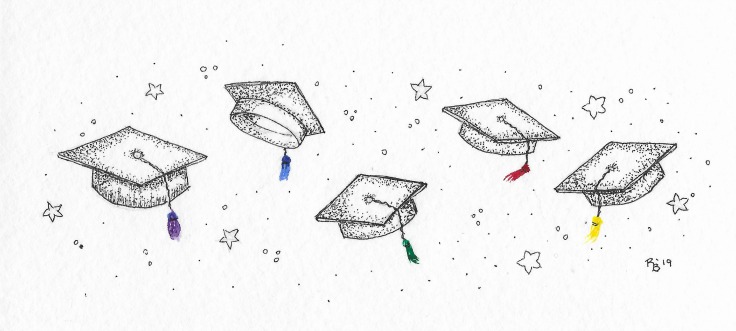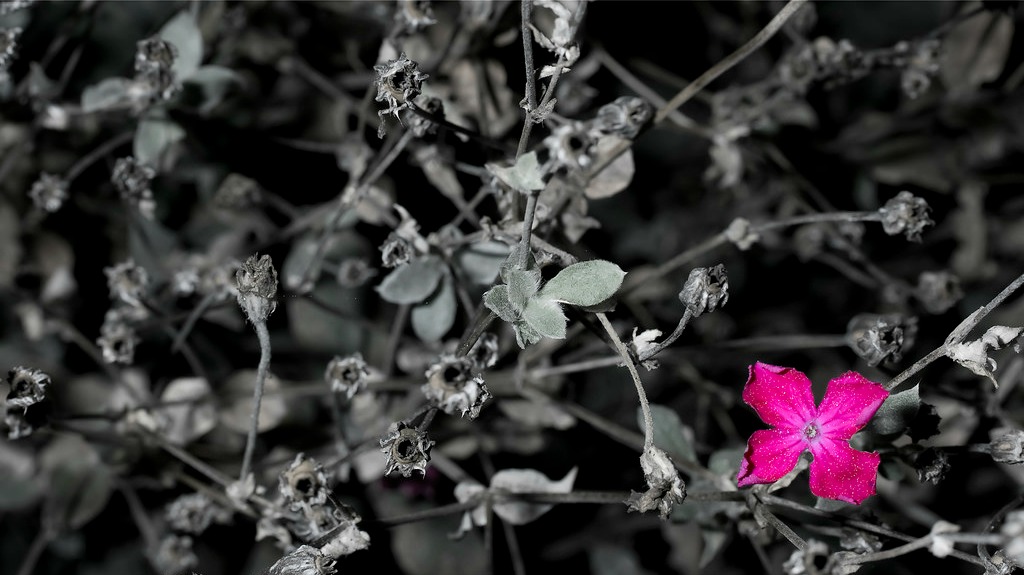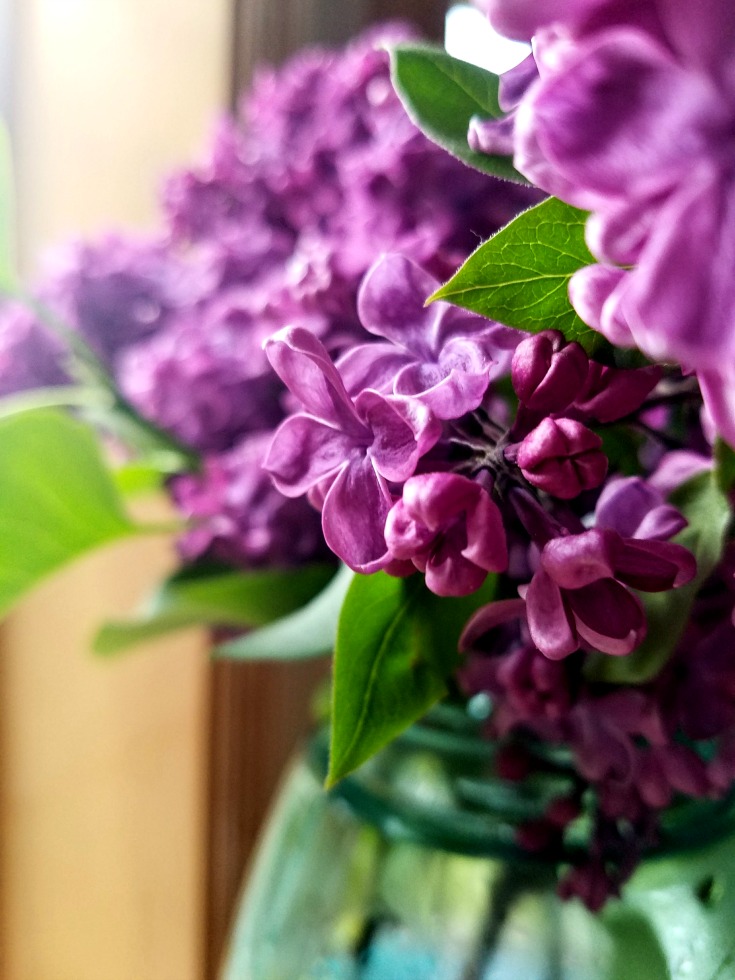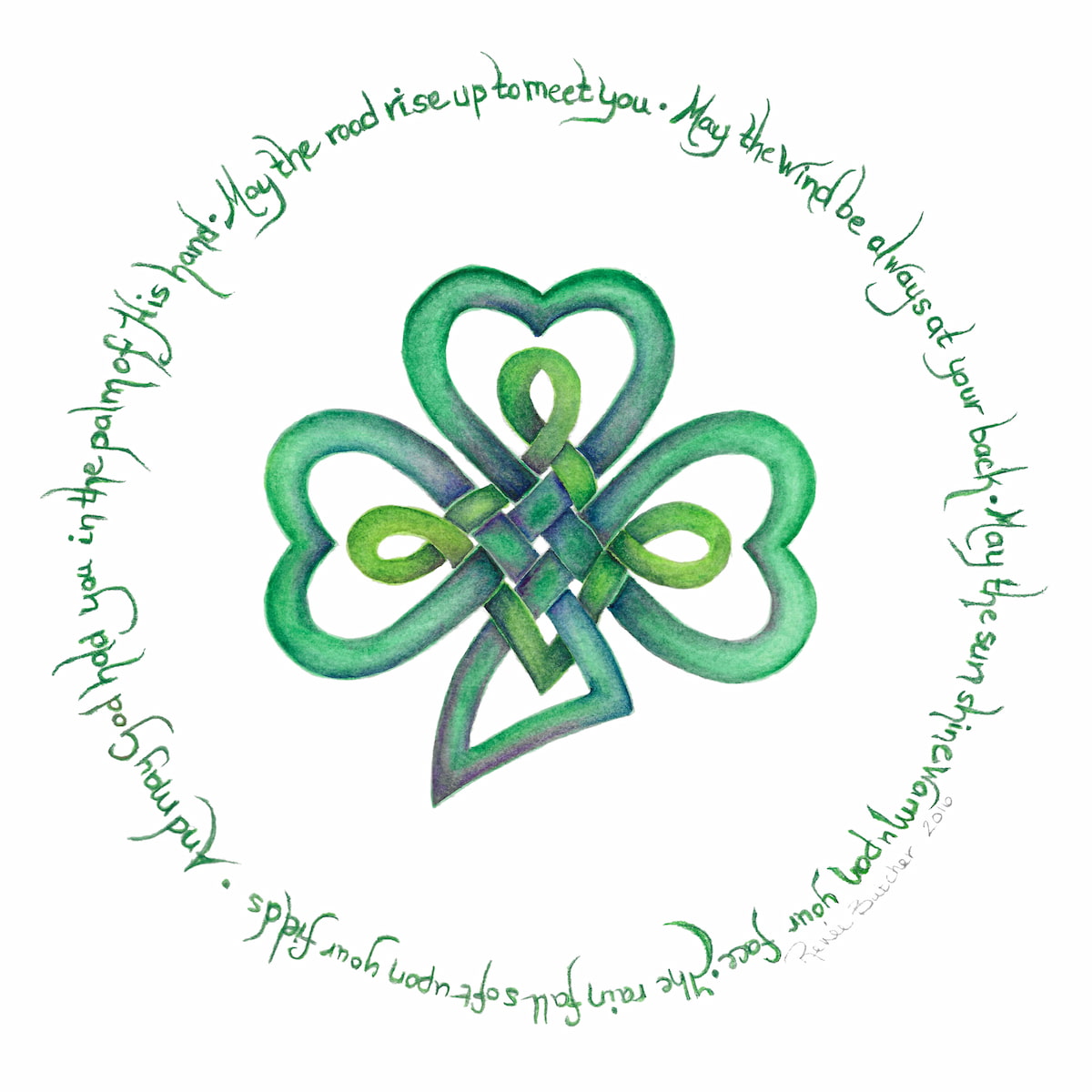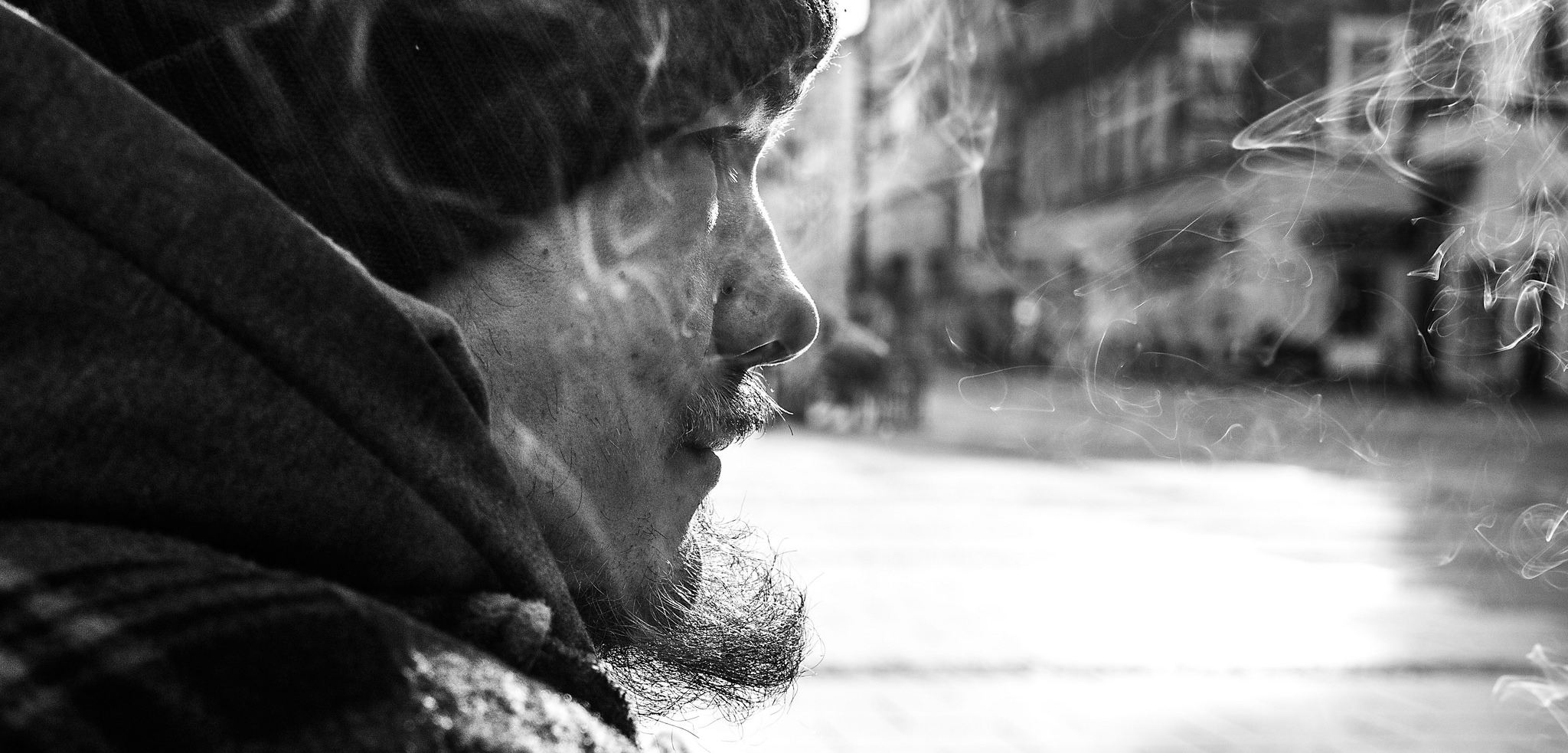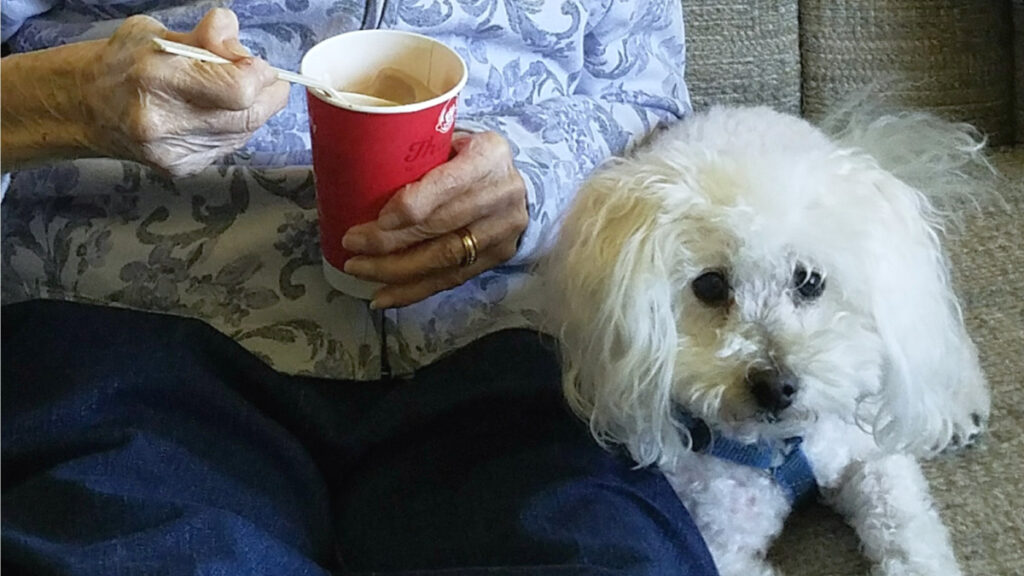A few late night reflections on parenting
When I was a young mother, pony-tailed and skipping over stairs strewn with toppled towers and dress-up silks, I was sure that by the time my baby was in high school, my floors would be clean, my laundry folded, my walls painted, my garden abundant, and the first of my novels published.
It was a fantasy.
Because as my children got older, I realized that the hitches and glitches of the Duplo generation are nothing compared to those of adolescence. Hunger, fatigue, sogginess – I can fix those. Junior high drama and broken hearts are not so easy.
And then. Mile-markers. Preschool. Kindergarten. Paper caps and gowns. Sand castles and lemonade stands. Precious pictures etched into the corners of my mind.
First concerts. First dates. First loves.
More caps and gowns.
Breathe. Just keep breathing, Mama. Pray or send it out to the universe or align your chakras or whatever you do. It’s all the same.
Just Love them. Even when they think you don’t. Even when you are the only one who does.
“Wear your coat.”
“Call soon.”
“Be safe.”
“I love you.”
“I love you.”
“I love you.”
And then. Suitcases. Packed cars. Clean rooms.
Empty echoes that are not nearly as satisfying as you thought they would be.
And then. Across ten miles or a thousand, you hope that they can feel your prayers. Even when they don’t believe in them. Even when you are the only one who does.
“I love you.”
“I love you.”
“I love you.”
And then. Sweethearts. Broken hearts. Celebrations. Maybe marriage. Maybe babies.
Maybe grandbabies, who come into the world with Hope clasp in tight fists and hand it to their mothers for safekeeping.
Safe Keeping.
“I love you.”
“I love you.”
“I love you.”
You swim in Abundance.
And then. Broken towers you cannot fix. Deep pains and raw, ragged wounds you cannot mend, even with Neosporin and Band-Aids.
So you pray that someone will hold out some small candle in the darkness for them. Even when they cannot see it. Even when you are the only one who does.
And then.
“I love you.”
It flies, dear young ones. It just flies. Go kiss your babies right now, even if they are sleeping.
Go.
A million times. I would kiss them all a million times again if I could.
And I would not trade a moment. Not one of those million midnight kisses.
Not one.
I wrote this piece in 2015 on the eve of our daughter Laura’s high school graduation, as a gift to her. It was inspired by a season of both rejoice and heartache for our little family: in that moment, we also celebrated our youngest daughter’s junior high completion, worried and prayed for a another daughter in the midst of a serious health complication, and mourned a loved one lost unexpectedly to a heart attack.
